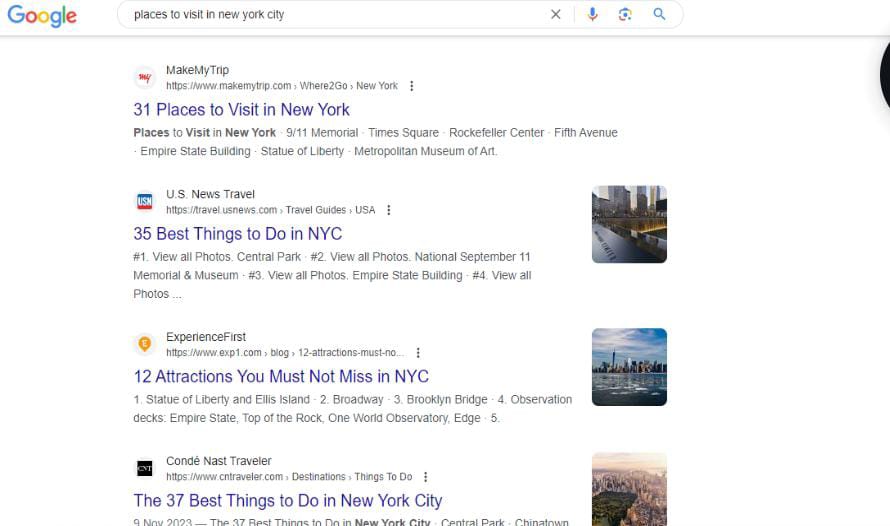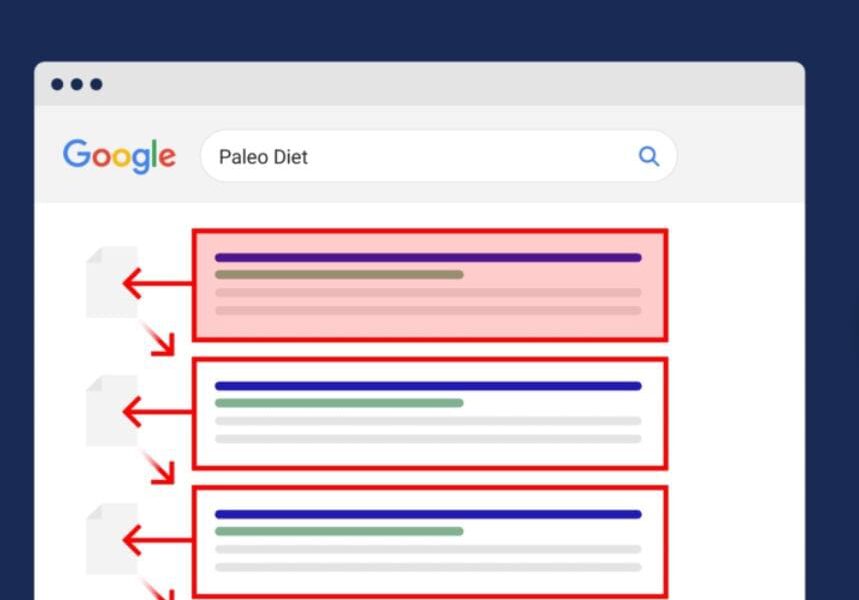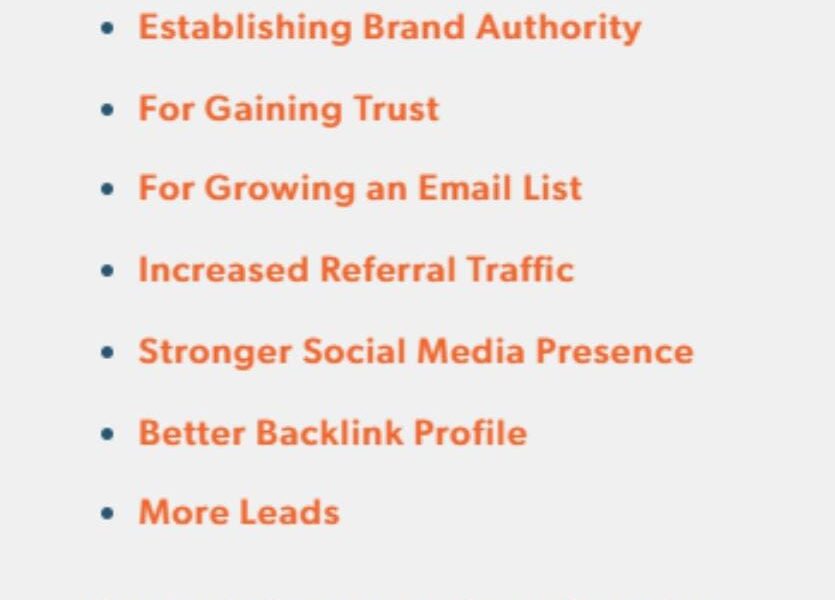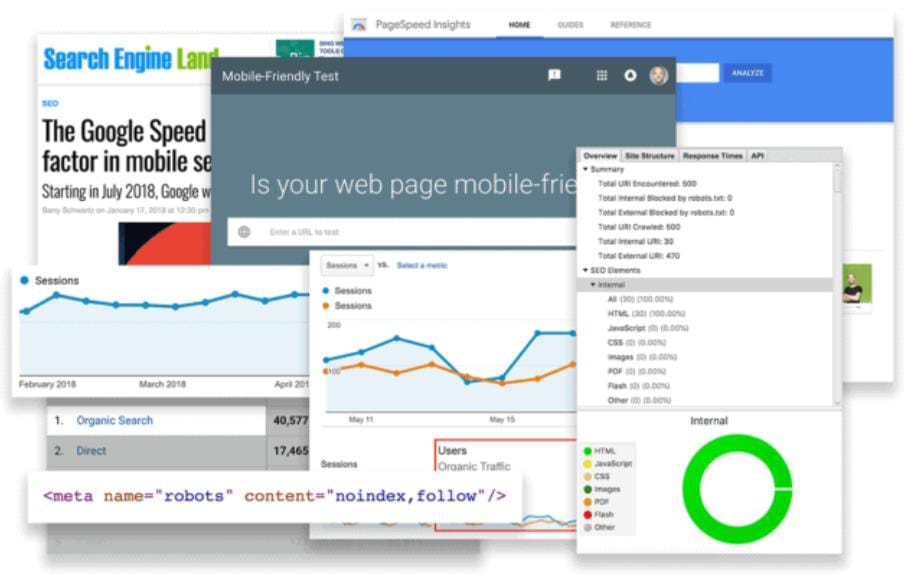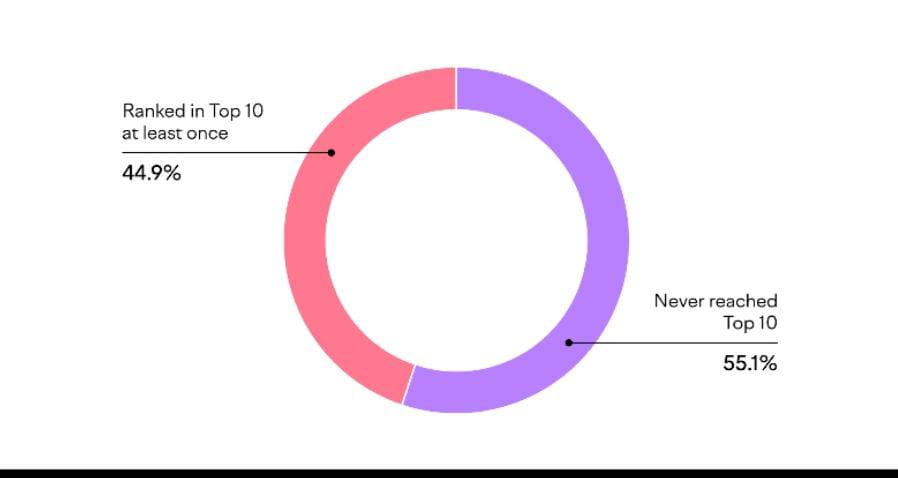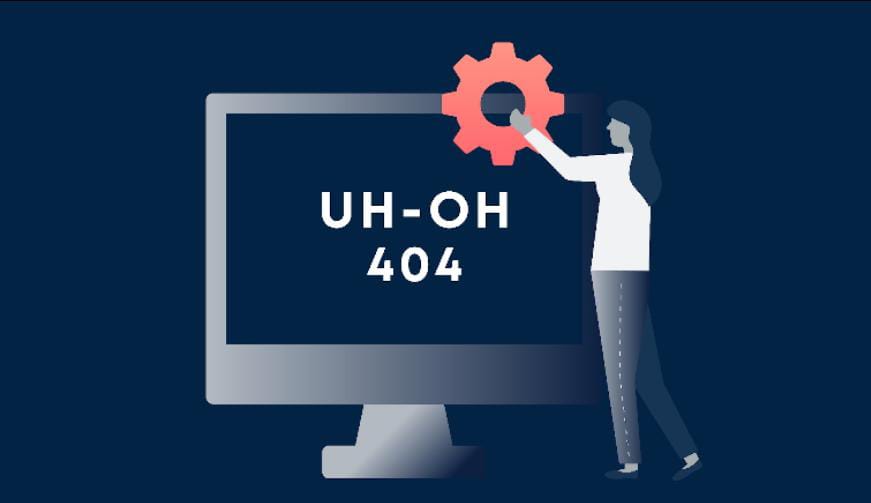Technology
Why Doesn’t Your Content Rank High in Google?
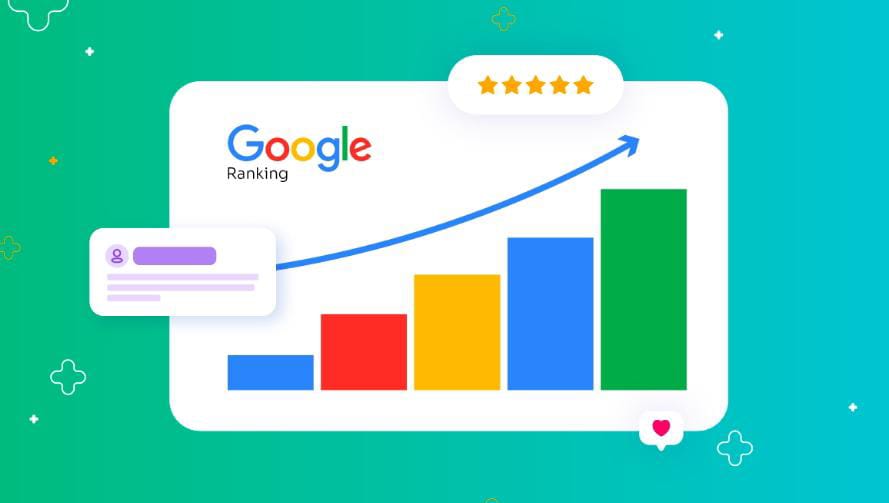
There are about 7.5 million posts published on the internet every day. A study shows that the estimated number of web pages that are indexed on Google is around 30 to 50 billion.
So, getting ranked among the vast sea of online content seems daunting, and there would be an obvious question: “Why doesn’t your content not rank on Google? “
So, the answer is not just “competition”; it is notably more than that. Many other reasons restrict your content to get the top Google ranking.
Hence, in this blog, we are going to discuss the reasons that prevent your blog from getting ranked on Google and provide you with an answer to the question “How to rank new content faster.”
Let’s go.
What is Google Ranking?
Google ranking refers to the position at which particular web pages appear in the search engine results pages (SERPs) when a user performs a search using Google.
Domains acquire Google positioning on specific search through Google algorithmic processes that consider different factors to evaluate content.
The core factor that determines your ranking are:
- Quality
- User-friendliness in content
- Relevancy
- Utility of an answer to a search query
- Off-page optimization
- On-page optimization
- Technical SEO
- Backlinks
Top 6 Reasons Why Doesn’t Your Content Rank High on Google?
Here are the top 6 reasons that hinders your Google rankings:
- You are Targeting Competitive and Common Keywords
- Your Content Isn’t Relevant
- Lack of Backlinks
- Your Website Have Technical Issues
- Your Website is Not Mobile-Friendly
- You are Not Monitoring and Tracking Your Results
1) You are Targeting Competitive and Common keywords
In search of driving high traffic on your website, SEO often attempts to go big by targeting popular keywords that everyone is searching for.
But there is a catch — These popular keywords are like crowded city streets where there is a high rush during peak hours. You see a lot of competition on such popular keywords, and a lot of websites are already in the race for the top spot.
Sure, those common keywords get tons of searches, but the problem is everyone is trying to rank for them. It’s like trying to be the loudest in the most noisy room.
As seen in image searching, the common keyword “restaurants in California” has around 47,60,00,000 related pages. Ranking on this keyword is likely to be more challenging, looking at the magnitude of the competition.
So, what should be your next move?
Here, it would help if you acted smarter; instead of getting lost in the hustle and bustle of the popular keywords, consider the road less traveled.
Have you ever heard about “Long tail keywords”? These more specific phrases might not have many searches, but they come with a silver lining – less competition.
It’s like finding a quieter street where your voice can be heard more clearly.
You can clearly see how this long tail keyword has significantly reduced the number of competitors from Google SERP. The catch here is to include the high-volume keyword under the long-tail keyword.
As mentioned in the image, “Restaurants in California” is included while searching, strategically narrowing down the competition and increasing the chance of your content standing out from the competition.
2) Your Content Isn’t Relevant
One of the pivotal reasons for content not ranking on Google or the heights you envision is its relevance.
In the digital era, where user intent is paramount, presenting content that doesn’t align with what the users are looking for can hinder your content ranking.
Uploading content that lacks user intent may also lead to an increased bounce rate. Google pays attention to how people interact with your website.
If people generally don’t get what they are looking for from your page, you can expect your ranking to degrade.
Because Google doesn’t like to see people landing on the page and quickly bounce back to the search results.
This is a clear sign to Google that people are not happy. And if the people are not happy, you will not see your content anywhere.
So, to improve your ranking, it is important to line up your content that is relevant to your audience search. The intent of presenting your content should be about satisfying users’ needs.
After all, if you are providing what the users are looking for, why would they bounce? And why your rankings would not soar when you present relevant content to your audience.
Besides relevancy, there are a handful of simple things you should try to implement into your content to improve your rankings.
The first thing that you should emphasize is your audience. Conduct thorough research on your audience’s pain points, needs, interests, and questions.
Know your audience’s challenges and craft a content strategy that answers all their query in the simplest way possible. Tailor your content to meet your target audience’s needs directly, ensuring that they do not get bounced on other content.
Further, you can also structure your page so that it can easily help people find what they are looking for.
For example, you might have noticed that many content writers add a table of contents at the top of their page.
This way, people can jump on the subject that they are most interested in.
Additionally, to enhance your content relevancy, add visuals, photos, videos, screenshots, and graphs on the page.
This increases your content relevancy and compels people to understand your content easily.
3) Your Page May Lack Backlinks
Another important factor that your content does not ranking is the absence of backlinks.
Backlinks or inbound links are digital endorsements that ensure Google that the information on your website is trustworthy and valuable.
Search engines view backlinks as a vote of confidence from one site to another. It signifies that others find your content credible and worth sharing. If your page lacks this digital validation, then it might struggle to compete with other top-ranking pages.
Moreover, backlinks are one of Google’s top three ranking factors, so cultivating a strong and reputable network is not just good, but it is necessary to rank your page higher.
According to a study, 92.3% of 100 top-ranking domains had at least one backlink. At the same time, over 55.1% of qualified sites without backlinks have never reached the first page.
Hence, to make your content rank high, you should opt for a proactive approach to building backlinks. Seek opportunities to collaborate with other websites or hire White Label SEO reseller services providers.
These professionals specialize in enhancing your online presence through strategic backlink building and other SEO techniques.
The professionals also help you strategize your content marketing through a sales funnel that helps you rank your page with authority and trustworthiness.
4) Your Website has Technical Issues
Having technical issues on your website is a behind-the-scenes glitch that is often overlooked, but it is a critical factor that hinders your web page rankings.
Any broken links, duplicate content, or slow loading speed affect Google’s ranking as such glitches fail to address user intent and smother online experiences.
Such challenges usually occur due to irregularities in technical audits and a lack of consistent monitoring of your website.
Regular audits of websites are crucial to identify and rectify issues like broken links, slow loading speed, and duplication of content.
Further, these audits ensure your website is following standards set by the Google search engine and ensure your domain runs smoothly, providing a seamless user experience to your audience.
5) Your Content is Outdated
Content is the king, but a king on the dusty throne gathers cobwebs, not followers. Just like monarchs must stay relevant to rule effectively, your content needs regular refreshing to maintain its ranking power.
Outdated information is just like rusty armor – it won’t protect you against the competition, and in return, it will reduce your rankings.
Modern internet users need the latest and trending information from content, and outdated content will not satisfy people’s needs, which may increase your bounce rate. Resulting in a decline in traffic and missed opportunities to engage new audiences.
So, how do you prevent your content from becoming outdated? Here are a few strategies that keep your king sparkling:
Calendar Regular Updates:
Content marketing is not just about writing content, reviewing, and publishing. The concept of content marketing is much more than that; you need to keep your content updated at regular intervals.
You can hire a content writer or content writing agency that helps you keep your content up-to-date and current. These professionals help you replace outdated content, update statistics, and address current trends in your industry that do not let your content turn into museum exhibits.
Fact-Checking Patrolling:
Content built on facts and outdated facts in the content does not maintain the integrity, accuracy, and credibility of your brand. Hence, it is crucial to update and change facts regularly, especially if you have added statistics or sensitive information. It would help if you were proactive in updating your content as the modern world moves fast, and what was true yesterday might be outdated today.
Content Upgrades:
Turn your lengthy content into short infographics, short videos, or short stories. As in the world of TikTok, readers are not going to read lengthy content. Create downloadable guides or checklists based on valuable information within your existing content. This gives your king a new crown in the form of fresh formats and keeps your audience engaged.
| Bonus Tip: Keeping your high-quality content length between 1200 and 1500 has a higher chance of ranking on Google. Google’s key ranking factor found that the average Google first page results have 1,447 words of content. |
6) Your Website is Not Mobile-Friendly
Over 55% of traffic comes from mobile devices. This means you need to design a website that not only runs smoothly on the web but, importantly, runs seamlessly on mobile devices.
Websites that do not support mobile devices are like a magnificent castle brimming with knowledge but only accessible through a narrow keyhole. If your website is not mobile-friendly, then you are closing the door to the majority of your potential traffic.
And that affects your website performance and rankings. As per the latest update, Google prioritizes mobile-friendly websites in search results, recognizing the growing popularity of mobile and handheld devices.
A lack of mobile responsiveness will not only hinder user experience but also send a signal to Google that your site may not be equipped to satisfy user needs.
This unsatisfactory impression can have a direct impact on your site’s performance in search engine rankings and may become the core reason of content not ranking google.
Few Tips to Enhance Your Content Rankings
Here are a few of many tips to enhance your Google content rankings:
- Do keyword research. If not, hire experts to help you find relevant keywords
- Make a robust SEO content strategy to match your content to search intent
- Publish extremely high-quality content if needed. Hire content writers
- rack and monitor your content performance and implement updates
- Make sure your On-page SEO is perfect and as per norms
- Make your website accessible to all devices
- Reduce ads from your website
- Keep your content latest
Wrapping Up
That’s all.
We hope this article has helped you find the reason for your content not ranking on Google.
Further, you can also use the tips mentioned in the content to enhance your website performance, optimize your content for search engines, and ultimately improve your rankings.
Remember, digital marketing is an ever-evolving landscape, and to stay agile in this dynamic world, you need to utilize the latest technologies and trends.
Hence, implement the insights provided in this blog and proactively enhance your website performance.


